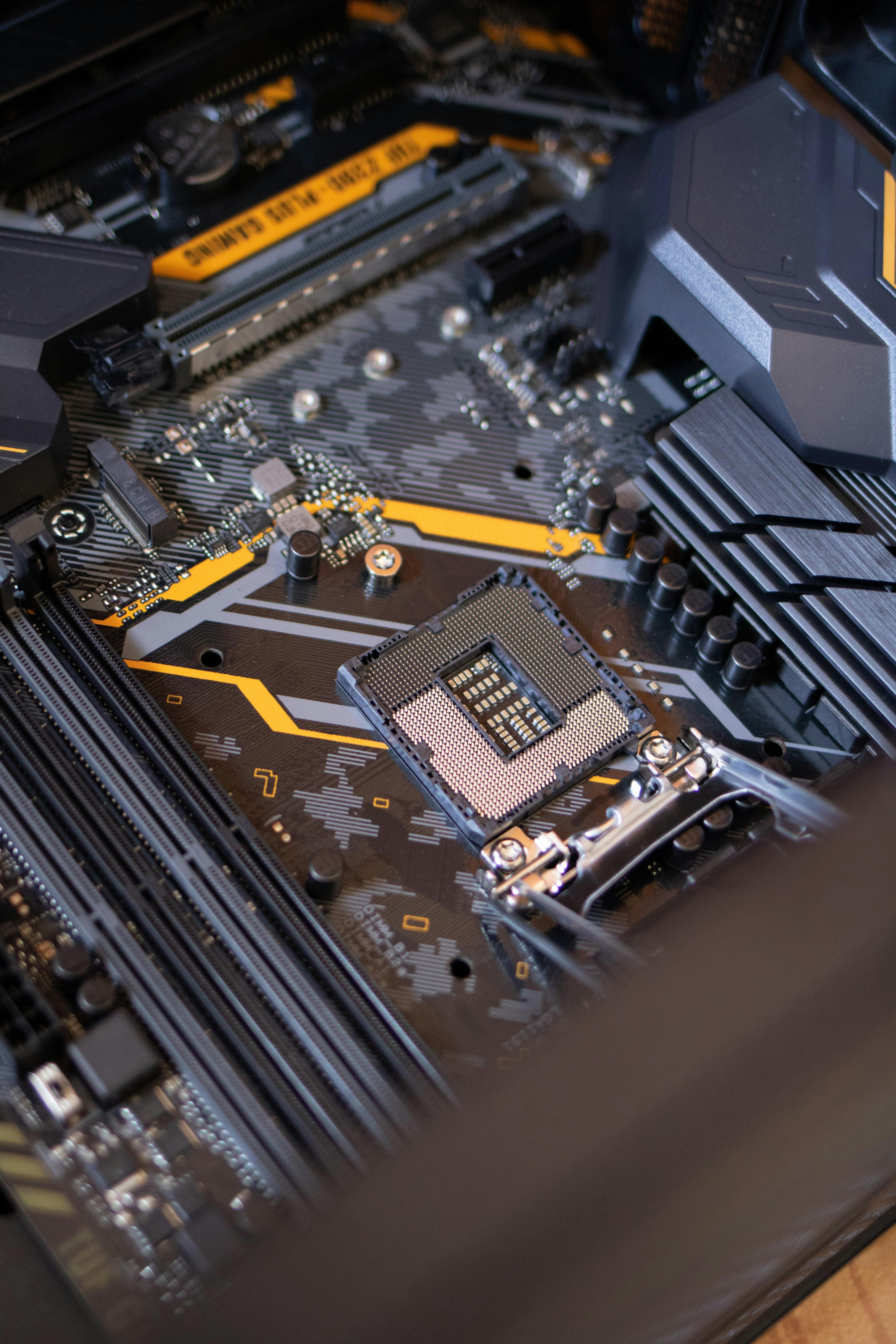
Why Your Data Doesn’t Belong on Someone Else’s Server
In an age where data has become the world’s most valuable resource, the question of who controls it has never been more important.
The Problem with Centralized Data Storage
When you store your data on a company’s servers, you’re essentially handing over control of your digital life. Here’s why that’s problematic:
Privacy Concerns
Centralized services have access to your unencrypted data, which they can analyze, monetize, or be compelled to share with governments.
Security Vulnerabilities
Large data repositories are prime targets for hackers. A single breach can expose millions of users’ personal information.
Service Discontinuation
Companies can shut down services, leaving users scrambling to retrieve their data before it disappears forever.
P2P Solutions for Data Sovereignty
Peer-to-peer architectures offer compelling alternatives:
End-to-End Encryption
P2P systems can ensure that only you and your intended recipients can access your data, with no intermediaries holding the keys.
Distributed Storage
By splitting and distributing data across multiple nodes, P2P networks eliminate single points of failure and make targeted attacks much harder.
User-Controlled Access
With P2P systems, you maintain control over who can access your data and can revoke permissions at any time.
Real-World Applications
Several projects are already putting these principles into practice:
- Decentralized Social Networks - Platforms that let users own their social graphs and content
- P2P File Storage - Systems that distribute encrypted files across volunteer nodes
- Self-Hosted Cloud Alternatives - Personal servers that sync data between your own devices
Taking Back Control
The path to data sovereignty starts with awareness and continues with action. By choosing tools that respect your ownership of data, you can begin to reclaim your digital autonomy.